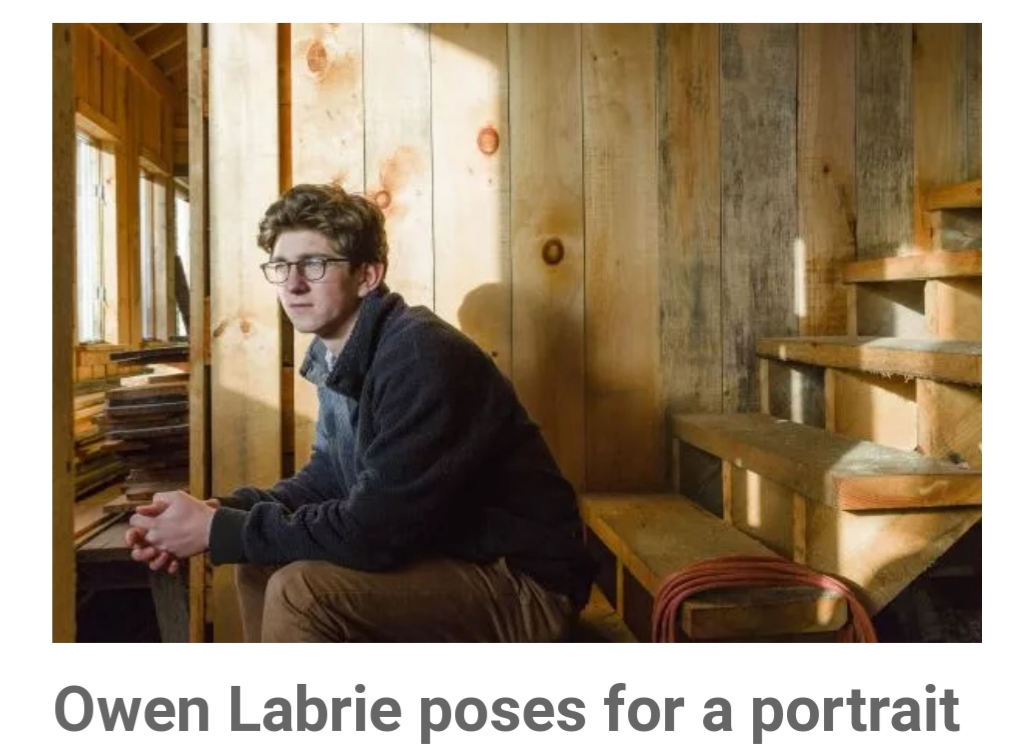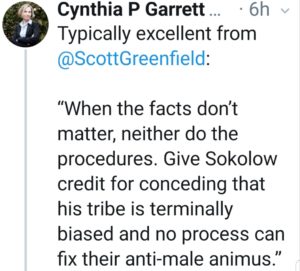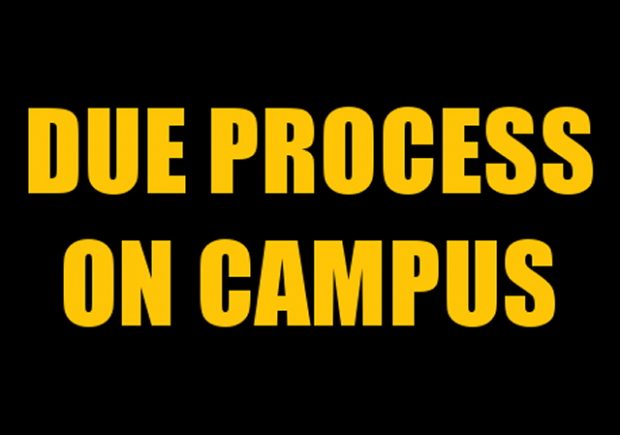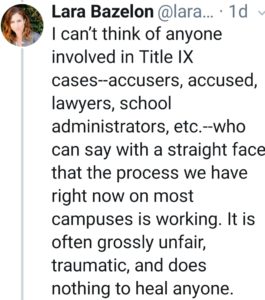OWEN LABRIE: How A ’90s Internet Law Determined a 2014 Rape Case
 In June 2014, Labrie, then 18, was accused of sexually assaulting a 15-year-old classmate at the St. Paul’s School in Concord, New Hampshire—a charge he continues to deny. The case had everything the media could want. St. Paul’s, arguably the nation’s best boarding school. The circumstances of Labrie’s case were tabloid gold. There were plenty of emails put into evidence of Labrie wooing the girl. The young woman testified that she went willingly to meet Labrie in an academic building after hours and stripped to her underwear, but then insisted he stop. She insisted that her friendly and flirtatious notes with Labrie after the encounter were indicative of her own fear, not consent.
In June 2014, Labrie, then 18, was accused of sexually assaulting a 15-year-old classmate at the St. Paul’s School in Concord, New Hampshire—a charge he continues to deny. The case had everything the media could want. St. Paul’s, arguably the nation’s best boarding school. The circumstances of Labrie’s case were tabloid gold. There were plenty of emails put into evidence of Labrie wooing the girl. The young woman testified that she went willingly to meet Labrie in an academic building after hours and stripped to her underwear, but then insisted he stop. She insisted that her friendly and flirtatious notes with Labrie after the encounter were indicative of her own fear, not consent.
A New Hampshire jury offered a mixed verdict that accepted parts of each of their stories. The panel of nine men and three women found Labrie innocent of felony sexual assault but guilty of sexual misdemeanors—basically, of a teen having sex with a slightly younger minor, the kind of charge that rarely comes to trial. And the jury did one other thing, something you should discuss with any teens in your life. It convicted Labrie of breaking a New Hampshire computer crime law, one of many enacted across the country in the 1990s, when the Internet went from oddity to necessity and parents began to fear pedophiles enticing their children not only on playgrounds but also on their PCs. It’s an old law that has failed to keep up with the changing times. Like statutes in many other states, it declares that soliciting sex from a minor using computer services is a felony, even if you’re a teen. And, like most teens, Labrie used his computer and smartphone to look for love and sex. Had he used snail mail, no felony. Phone call, no felony. Text? No felony. Internet? Felony.
Who to believe, her or him? Labrie’s interviews with Newsweek were his first since his arrest—a chance to explain his life, his hurt, his efforts to rebuild. “I’d do it the exact same way,” he says of rejecting the plea deals. “It was the only thing that sustained me, knowing I had told the truth. I had done what was right. I walked out of the courthouse with my chin up.” His words might seem to strain credulity, since he had been looking at only three weeks in jail reading books, but he insists that “not caving” was one of the things that kept him going.
newsweek.com-Cooper
Owen Labrie Will Not Go Down Quietly Nor Should He

















